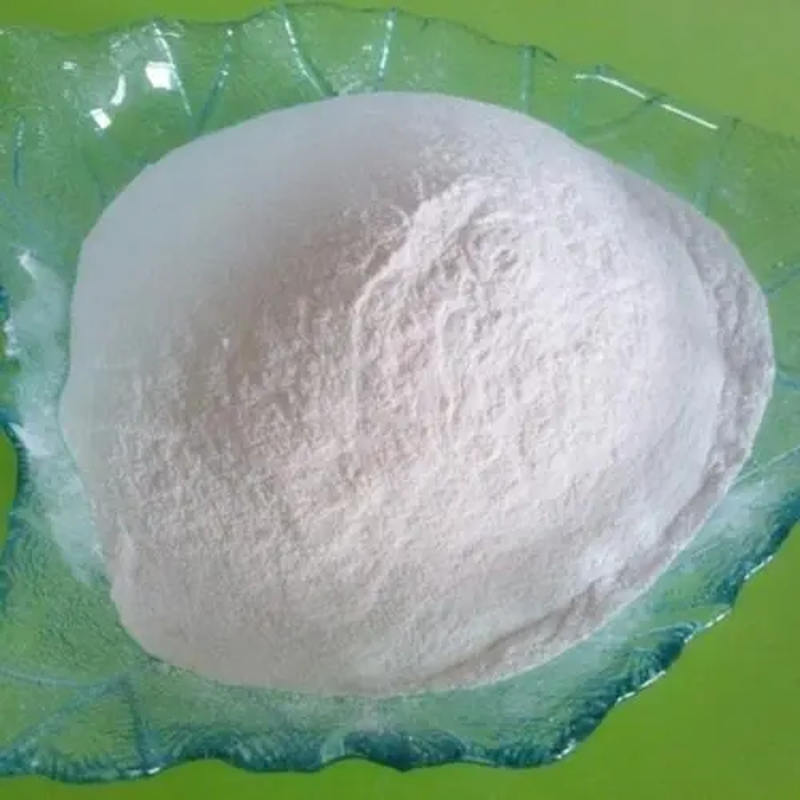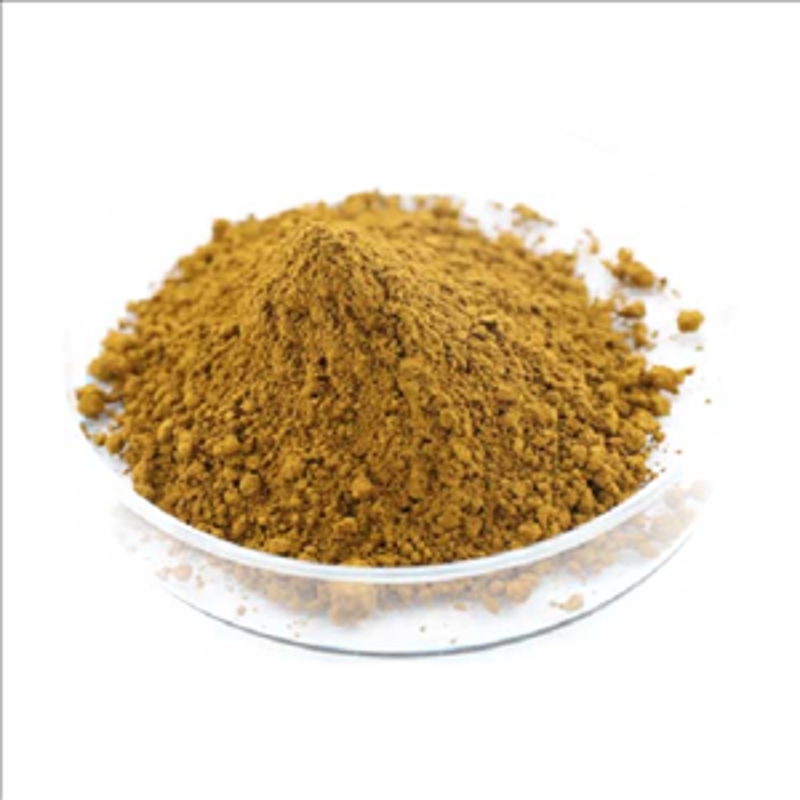SCI signal: revealing the mechanism of inflammation determining cell fate
-
Last Update: 2020-02-17
-
Source: Internet
-
Author: User
Search more information of high quality chemicals, good prices and reliable suppliers, visit
www.echemi.com
February 17, 2020 / biool / -- the latest research shows that human inflammation can be controlled by a unique and highly organized receptor, which can "dance" on the cell surface The findings, published in the journal Science Signaling, explain how the process determines whether cells die, reproduce or migrate in the body The team, from the University of reading and the German Research Institute in WITTSBURG, documented how a particular complex arrangement of cell receptors called TNFR1 formed triangles - through a process similar to a dancer's arm holding process Photo source: Dr Darius widera, associate professor of Reading University, https://cn.bing.com, said: "this has changed our understanding of cell signals and may be helpful for the development of drugs in the future According to the exact nature of this "dance" of cell surface receptors, inflammatory signals can lead to the death, proliferation or migration of immune cells and cancer cells "Inflammation in the body is regulated by a process of locking and keying In this process, molecules adhere to specific proteins on its surface We have now observed how specific receptors in cells that produce this inflammatory response are formed Chronic inflammation has an important impact on the human body, from cancer to Alzheimer's disease, it has everything to do with it Understanding how these triangular receptor clusters are involved in cell-based behavior, we hope our findings will help create new treatments that reduce inflammation while avoiding some of the unpleasant side effects of existing drugs "For the first time, the team observed how receptors organize into highly ordered oligomers Using advanced imaging techniques, the team confirmed that TNFR1 receptors can be arranged in clusters by themselves, connecting three groups of trimers (triple binding receptors) together to form complex oligomers, thus generating pro-inflammatory reactions that may lead to various diseases Dr Sjoerd van Wijk of the Institute for experimental tumor research in pediatrics of Goethe University and the Frankfurt foundation for children with cancer said: "in order for TNF to bind to membrane receptors, it must be activated first This means that it is like a key, which can only be unlocked under certain circumstances This can prevent, for example, a healthy cell from dying Although TNF α is very important in medicine, its physiological effect on cell membrane is still unknown Our findings may be related to excessive inflammatory response such as cancer or rheumatoid arthritis, and open up a new way for treatment regulation "Reference: Christos karathanasis et al Single molecular imaging renovations the organic state of functional TNF α - induced plasma membrane TNFR1 clusters in cells, Science Signaling (2020) Doi: 10.1126/scientific.aax5647
This article is an English version of an article which is originally in the Chinese language on echemi.com and is provided for information purposes only.
This website makes no representation or warranty of any kind, either expressed or implied, as to the accuracy, completeness ownership or reliability of
the article or any translations thereof. If you have any concerns or complaints relating to the article, please send an email, providing a detailed
description of the concern or complaint, to
service@echemi.com. A staff member will contact you within 5 working days. Once verified, infringing content
will be removed immediately.







